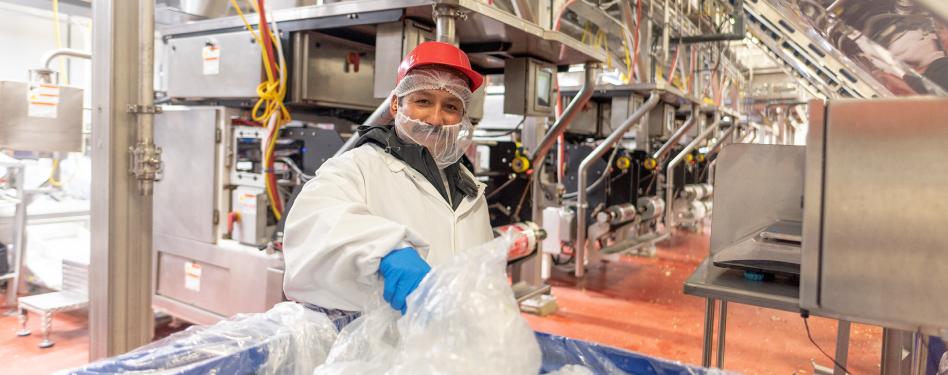
Feature image credit: Taylor Farms.
It’s no secret that the global economy is one of immense waste. Consider the following facts:
- Less than 10% of plastic produced globally is recycled.
- The U.S. wastes 80 billion pounds of food each year, an estimated 30–40% of its available food supply.
- Globally, solid waste generation is expected to increase by 70% by 2050, up to 3.4 billion metric tons annually.
Waste significantly impacts the health, well-being and livelihoods of communities worldwide. Mismanaged waste causes environmental degradation, affects public health, contributes to climate change, and costs businesses and municipalities billions to manage. Many of these negative impacts are disproportionately felt by disadvantaged and underrepresented communities.
To better understand the history of this complex global challenge, TRUE presents a white paper on the intersections of waste, health and environmental justice. It also addresses pathways to reduce this damage through the circular economy and zero waste. Access concrete examples and additional resources within the white paper to learn more about
- How landfills release pollutants and affect communities.
- How plastic affects our waterways and what happens when it is shipped overseas.
- How circular economy and zero waste strategies impact society.
- How TRUE certification’s specific credits address environmental hazards and human health.
Zero waste efforts are one of the fastest, most effective ways for businesses to protect the environment, promote human health, save money and create jobs. As organizations and communities learn more about the historical impact of waste, we are offered a turning point to contribute to positive environmental, health and economic outcomes.